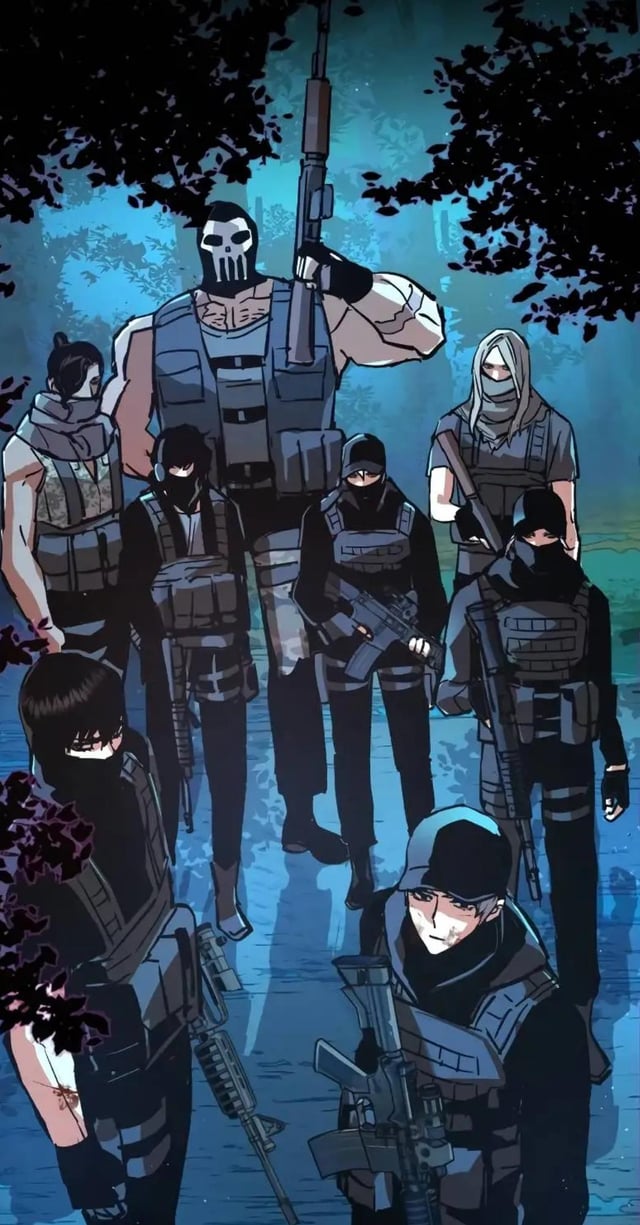The concept of mercenaries exists historically and is often used in times of conflict in the absence of conventional armies. One notable example of such mercenaries was the 183rd Regiment which attracted individuals seeking opportunities, adventure, or economic advantage. This article examines the origins, composition, motivations and outcomes of enlisted soldiers, with a particular focus on the 183rd Regiment.Historical ContextThe 19th century was a period of great military and political turmoil. War of Independence Colonial expansion and the changing balance of power created a demand for soldiers. Many countries struggled to maintain standing armies or faced military shortages, causing governments and private organizations to look to mercenaries as a viable solution to meet military needs excluding military service or expenses associated with the regular army.The Formation of the 183rd BattalionsThe 183rd was formed during a tumultuous time, with regional conflicts and a growing need for military specialization The regiment was officially formed in the early 19th century, with individuals from families including ex-military journeymen and job seekers in times of economic hardship. whether due to a foreign power, colonial endeavor or personal glorioyComposition of the BattalionThe army was diverse attracting individuals from a variety of racial and ethnic backgrounds. The mix includes veterans of previous wars, mercenaries from neighboring countries and civilian enthusiasts. The diversity of the 183rd Regiment contributed to its unique complexity which often resulted in a mixture of military styles, languages and cultures.This multicultural repertoire provided the army with a range of skills from traditional martial techniques to specialist technology and medicine Such diversity often became a double-edged sword; While it enhanced the operational capabilities of the battalion, it sometimes posed logistical and communication challenges.Motivations for EnrollmentThe motivations for joining the 183rd Regiment varied widely among its members. and that is the key to any economic gain. Many soldiers came from poor backgrounds and saw enlisting as an opportunity to earn a steady income that was often well beyond what they could earn in civilian lifeAdventure and the thrill of war played an important role. For many young men, militias were an escape from ordinary life or oppressive social norms. The promise of adventure and the thrill of war appealed to their desire for cycles and desire to make adventures.Furthermore, psychological reasons motivated some recruits to believe they were contributing to a milestone. Whether fighting for the expansion of freedom in the colonies or supporting the Confederacy, these individuals often saw their role as important in larger historical event The life of the 183rd was characterized by rigorous military training and discipline and the harsh realities of conflict. The mercenaries were expected to adhere to a strict military policy, albeit with different motivations. Training was grueling, focusing on weapon drills and techniques.The experiences of the mercenaries of the 183rd Regiment were often varied. Those who succeeded in combat situations often gained respect and friendship, and formed bonds that transcended their various families. However, the life of the mercenary was also fraught with danger. The regiment faced significant risks including high casualty rates and the unpredictable combat conditions and moral strain of prospective warfare.The life of the 183rd was characterized by rigorous military training and discipline and the harsh realities of conflict. The mercenaries were expected to adhere to a strict military policy, albeit with different motivations. Training was grueling, focusing on weapon drills and techniques.The experiences of the mercenaries of the 183rd Regiment were often varied. Those who succeeded in combat situations often gained respect and friendship, and formed bonds that transcended their various families. However, the life of the mercenary was also fraught with danger. The regiment faced significant risks including high casualty rates and the unpredictable combat conditions and moral strain of prospective of military forces.Today, discussions surrounding mercenaries involve a range of ethical concerns. The rise of private military companies has reignited debates about accountability, the privatization of warfare, and the responsibilities of nations employing such forces.ConclusionThe 183rd Battalion serves as a historical case study in the broader narrative of mercenary forces. It highlights the multifaceted nature of mercenary enrollment revealing a tapestry of motivations backgrounds and impacts. As the world continues to grapple with the implications of mercenaries in modern conflict understanding the past remains crucial in navigating the complexities of warfare ethics and international relations.Through examining such battalions we gain insight not only into the soldiers themselves but also into the ever-evolving landscape of military engagement and the roles individuals play within it.

